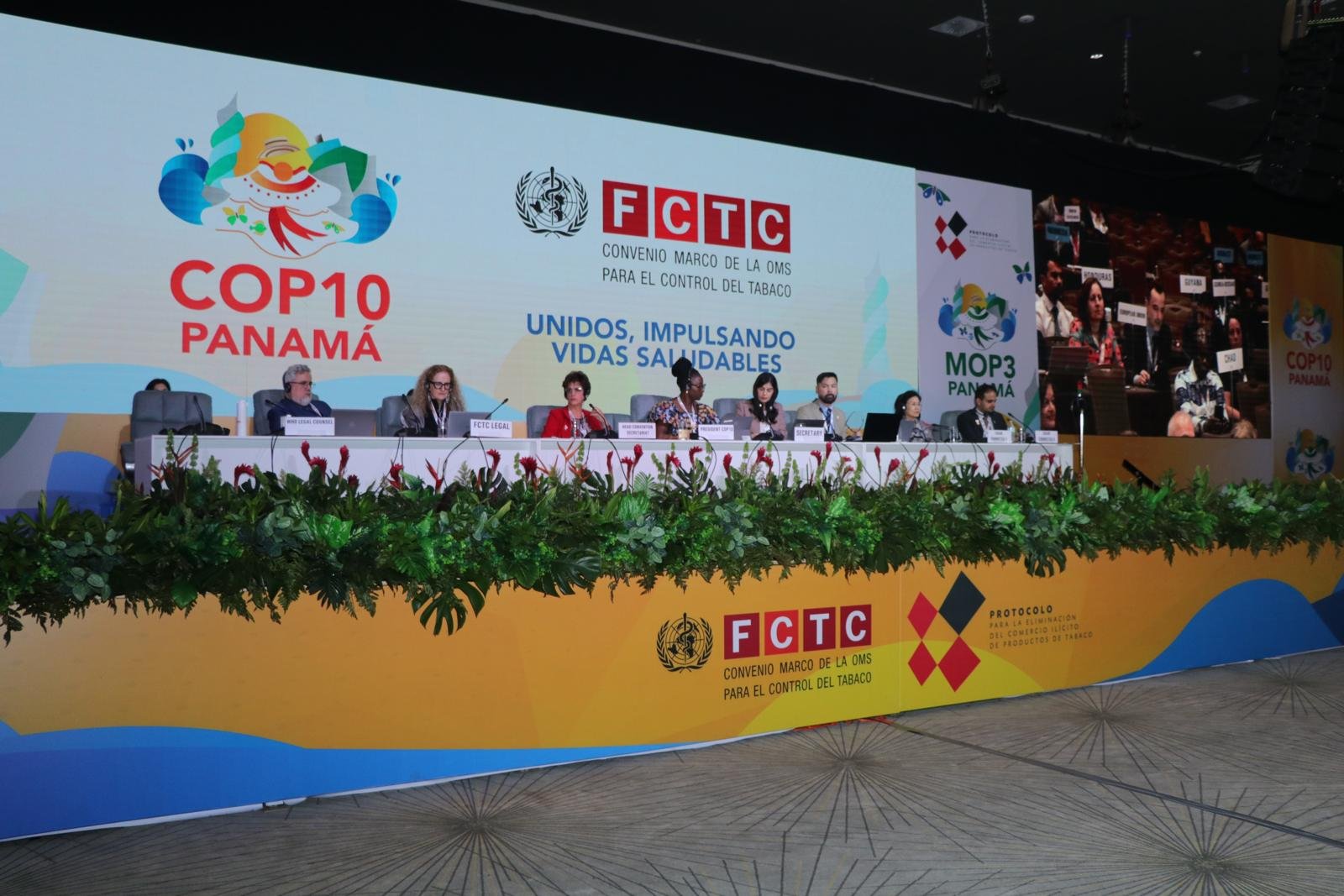Delegates from across the globe convened in Panama City for the milestone tenth COP to the WHO FCTC, marking the first in-person gathering since 2018.
Delegates from across the globe convened in Panama City for the milestone tenth Conference of the Parties (COP) to the WHO Framework Convention on Tobacco Control (FCTC), marking the first in-person gathering since 2018 following a hiatus due to the COVID-19 pandemic.
While celebrating a two-decade decline in adult tobacco prevalence, the WHO FCTC chief, Dr. Blanco Marquizo, issued a stark warning about the environmental toll of tobacco production. Highlighting the significant land and resource demands coupled with intensive pesticide use, Dr. Marquizo underscored the environmental pollution caused by tobacco cultivation.
With many tobacco-growing economies facing food security challenges, the World Health Organization has emphasized the dual threat posed by tobacco to public health and environmental sustainability.
Tragic statistics reveal that approximately 8 million people worldwide succumb to tobacco-related illnesses annually. Of particular concern is the escalating use of tobacco among adolescents, with an estimated 37 million children aged 13-15 currently consuming some form of tobacco. Alarmingly, certain countries report soaring rates of e-cigarette usage among adolescents.
Dr. Adriana Blanco Marquizo emphasized the addictive nature of tobacco, particularly among youth, who often initiate smoking during their formative teenage years. This addiction, fueled by nicotine, parallels the potency of illicit drugs, perpetuating a cycle of dependency with lifelong repercussions.
In response to these challenges, COP10 fortified the WHO FCTC framework, prioritizing environmental protection and public health. Decisions included bolstering guidelines on cross-border tobacco advertising, promotion, and sponsorship, as well as addressing tobacco depiction in entertainment media.
Two expert groups were established to tackle evolving tobacco control measures and liability concerns, signaling a proactive stance in combatting the multifaceted tobacco epidemic.
Moreover, COP10 affirmed its commitment to advancing human rights through the WHO FCTC and strengthening the WHO FCTC Investment Fund. The extension of the Global Strategy to Accelerate Tobacco Control until 2025 aligns with the 2030 Agenda for Sustainable Development, reflecting a unified effort toward achieving global health objectives.
The adoption of the Panama Declaration underscored the irreconcilable conflict between the interests of the tobacco industry and public health imperatives, reaffirming the prioritization of population well-being over commercial gain.
Over the course of the five-day summit, representatives from 142 parties deliberated on various critical issues, including the regulation of tobacco advertising, culminating in a comprehensive approach to confronting the tobacco epidemic.
As the conference drew to a close, the collective resolve to combat tobacco use and its associated harms remains steadfast, signaling a unified global commitment to safeguarding public health and environmental sustainability in the face of an enduring challenge.
